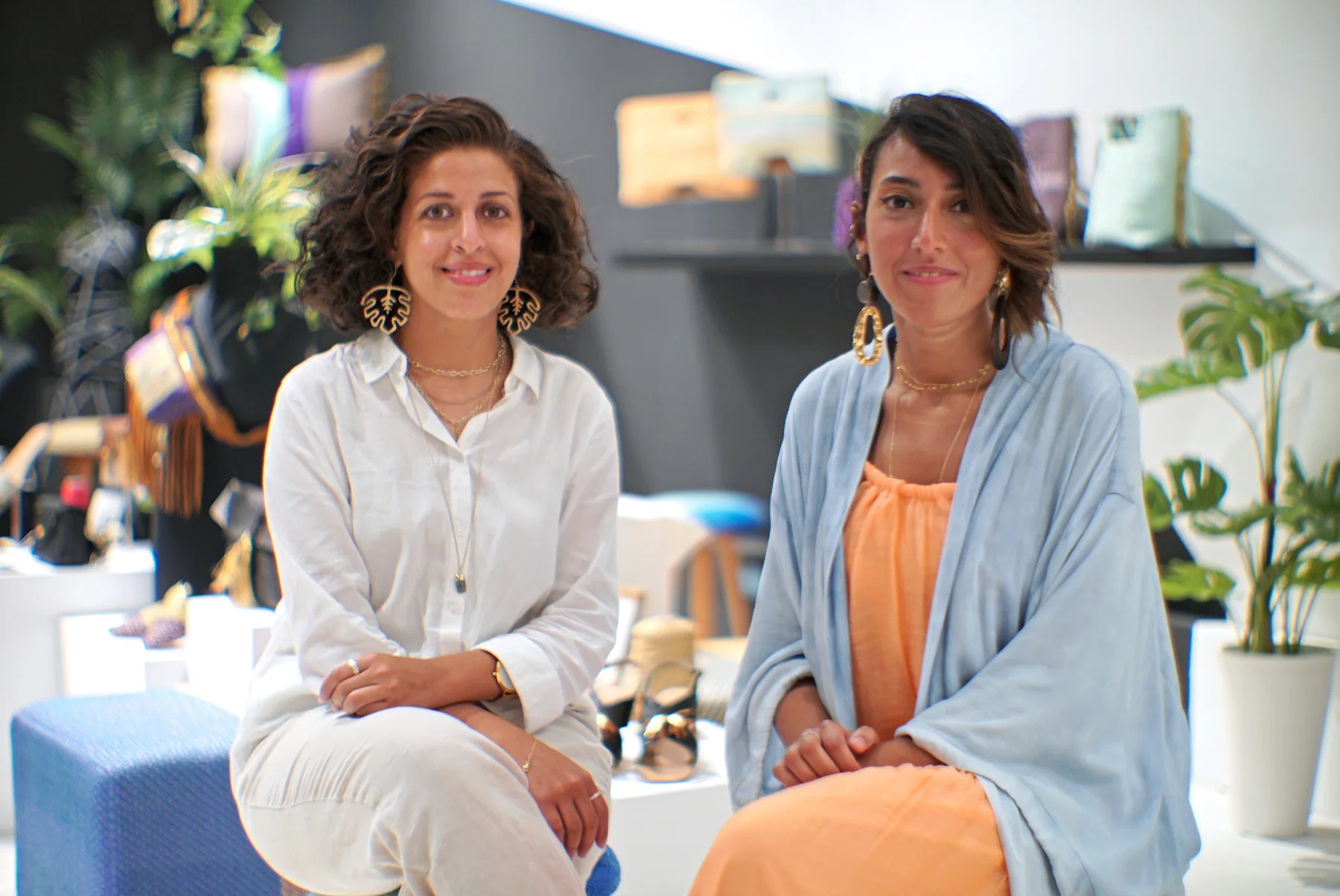In a city that never stops speaking, silence has become the rarest luxury.
Cairo hums with ambition — deals over breakfast at the Four Seasons, new ventures born in Maadi cafés, phone calls that blur the line between Thursday and Friday. For years, its elite thrived on motion — the next project, the next meeting, the next opening. But now, something is changing.
In quiet corners of Zamalek balconies, on yoga mats in Garden City, in hidden farmhouses on the outskirts of Fayoum — Cairo’s most driven are learning to slow down.
“Stillness used to scare me,” says Karim Hassan, founder of a regional investment firm. “Now, it’s the only place I can hear myself think.”
1. The Luxury of Less
For a generation that built their success on speed, the greatest status symbol today isn’t access — it’s absence.
No posts. No appearances. No rush.
At Osana Wellness Center in Maadi, the sound of traffic fades into the rustle of banyan trees. You’ll find bankers meditating beside designers, young founders unrolling yoga mats beside CEOs. “Our clients are powerful people learning how to stop,” says Salma El Shazly, a mindfulness coach who left corporate life after burnout. “They don’t want retreats. They want reconnection.”
In a city that measures time by traffic and meetings, choosing to be still feels like rebellion.
“The Cairo elite used to escape by leaving,” Salma adds. “Now they escape by staying — differently.”
2. Mornings Reclaimed
Cairo’s creative class has rediscovered mornings.
It’s become the new secret of the city’s thinkers — the hour before chaos begins.
At 30 North in Sheikh Zayed, the day begins early. Lawyers, art curators, and architects arrive before 8 a.m., quietly occupying corners before the city wakes. The baristas know them by name but never interrupt.
“It’s the only hour that belongs to me,” says Dina Fahmy, founder of a design consultancy. “The rest of the day, I belong to everyone else.”
In those quiet mornings — a cortado, a notebook, the golden haze before the horns begin — Cairo feels almost meditative.
Some take it further. A handful of executives have started cold-water therapy in their private villas; others practice journaling or sound healing at home. The rituals differ, but the intent is the same — to replace noise with clarity.
3. The Fayoum Escape
On weekends, the movement leaves the city altogether. Fayoum — with its ochre hills and mirror-still lakes — has quietly become the new retreat for Cairo’s minds who crave perspective.
The desert there doesn’t perform. It simply exists.
At Byoum Lakeside, startup founders sip hibiscus tea beside painters sketching the horizon. Tunis Village, once known only to ceramicists, now hosts architects, filmmakers, and executives who arrive not to network, but to unlearn.
“You don’t come to Fayoum to find ideas,” says Nadia Abaza, a gallerist. “You come to forget them — so new ones can arrive.”
The stillness of the desert works differently than the stillness of the sea. It doesn’t soothe you; it confronts you. In that confrontation, something subtle shifts. The city’s rhythm, once relentless, begins to slow inside you.
4. Presence as Prestige
In circles that once prized exclusivity, a quieter kind of prestige has emerged — presence.
At private dinners in Heliopolis and West Cairo, the conversation has changed. Guests speak less about expansion and more about alignment. The word “peace” has entered the lexicon of people who once measured success by market share.
“True luxury is being unreachable,” says Leila Anwar, creative director at a regional fashion house. “Not because you’re above people, but because you’re with yourself.”
Even Cairo’s social calendar reflects the shift. Intimate salons have replaced large galas. Dinner parties host twelve instead of fifty. Private chefs curate menus designed to slow the evening — six courses, one conversation.
The art of stillness is no longer absence from life. It’s presence in it.
5. Digital Silence
The city’s most connected are quietly disconnecting.
Some have deleted Instagram; others post only through assistants. It’s not disdain — it’s discipline.
“Social media became an echo chamber of fatigue,” says Youssef Khalil, a PR consultant who now takes a digital sabbath every weekend. “The fewer voices I consume, the clearer my own becomes.”
Among Cairo’s elite, privacy has returned as aspiration. What was once seen as withdrawal is now regarded as refinement. The mystery of absence has replaced the noise of visibility.
6. Relearning Intimacy
Stillness isn’t only about solitude. It’s also about attention.
Cairo’s high-achievers, long defined by output, are rediscovering intimacy — with themselves and with others.
At Maison69 in Zamalek, Friday brunches have turned into circles of friendship and reflection. No photos, no business cards, no pretension — just people speaking truthfully about exhaustion, ambition, and meaning.
“We’re all tired of performing,” says Lina Abdel Meguid, founder of a boutique architecture firm. “Stillness gives us permission to be real again.”
7. A New Definition of Success
The people who once built Cairo’s skyline are now building inner worlds.
Success no longer looks like more; it looks like enough.
In their offices, meditation cushions now sit beside laptops. On their desks, books like Stillness is the Key and The Power of Now share space with financial forecasts. The conversation has shifted from “What’s next?” to “What matters?”
“We built empires,” Karim Hassan says, sipping his green tea. “Now, we’re trying to build peace.”
8. The Quiet Future
Perhaps this is Cairo’s quiet revolution — a generation of achievers learning to live at a lower frequency. It’s not retreat; it’s refinement.
The same people who once shaped the city’s skyline are now shaping its emotional landscape.
They still move fast, but with intention. They still dream big, but sleep well.
“Stillness isn’t the opposite of ambition,” Salma El Shazly says. “It’s its evolution.”
As the sun sets over the Nile and the city’s hum resumes, there are a few who sit still — not because they’re done, but because they’ve arrived.

.jpg)


